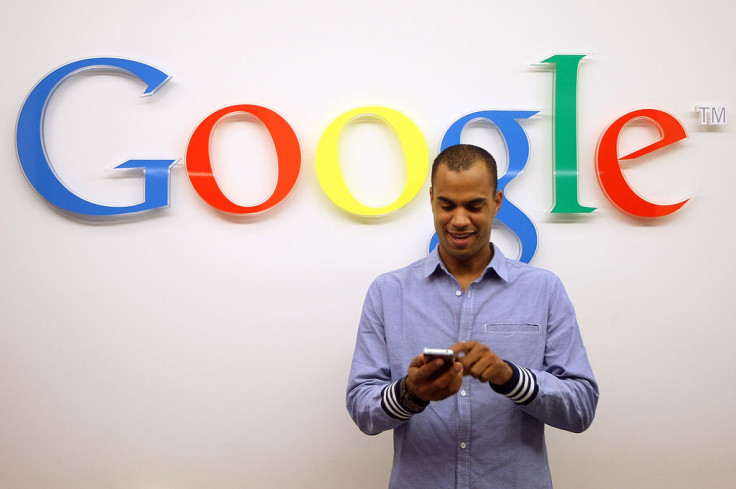Google to penalise sites that use annoying pop-up ads on mobiles
Legitimate pop-ups will not be considered under the intrusive category.

Google has decided to punish mobile sites that use intrusive pop-up ads by ranking them low and not figuring them prominently on search results. The move is an attempt to make search easier for users. However, it is likely to affect business like news websites and e-commerce ventures that heavily depend on such pop-up ads.
In a blog post Google outlines why these pop-ups need to be removed by saying, "While the underlying content is present on the page and available to be indexed by Google, content may be visually obscured by an interstitial. This can frustrate users because they are unable to easily access the content that they were expecting when they tapped on the search result. Thus, to improve the mobile search experience, after January 10, 2017, pages where content is not easily accessible to a user on the transition from the mobile search results may not rank as highly."
However, all pop-ups under the sun will not be blocked. The blocked ones need to meet a certain degree of annoyance according to Google. For example necessary pop-ups like verifying age is permissible along with smaller banner ads at the top of a screen that do not block content. In Google's rough formula, a "reasonable amount of screen space" is alright for these ads.
To let websites and even bloggers get a better idea of how this will work the company has listed some examples of non-accessible content below:
- Showing a popup that covers the main content, either immediately after the user navigates to a page from the search results, or while they are looking through the page
- Displaying a standalone interstitial that the user has to dismiss before accessing the main content
- Using a layout where the above-the-fold portion of the page appears similar to a standalone interstitial, but the original content has been inlined underneath the fold
Google also lists some examples of advertisements which will not fall into the penalising category:
- Interstitials that appear to be in response to a legal obligation, such as for cookie usage or for age verification
- Login dialogs on sites where content is not publicly indexable. For example, this would include private content such as email or unindexable content that is behind a paywall
- Banners that use a reasonable amount of screen space and are easily dismissible. For example, the app install banners provided by Safari and Chrome are examples of banners that use a reasonable amount of screen space
Google asks websites at the same not to be too worried as this is just one of many algorithms working together to determine search and assures that if a website has great content to a search query it may still rank high despite such ads. Although it is not known how exactly Google search works, the company has in the past revealed some insight into the query like "mobile friendly" websites have a greater chance of boosting the rank of their content. Also, content on those sites that come with encryption get a better ranking.
© Copyright IBTimes 2025. All rights reserved.





















